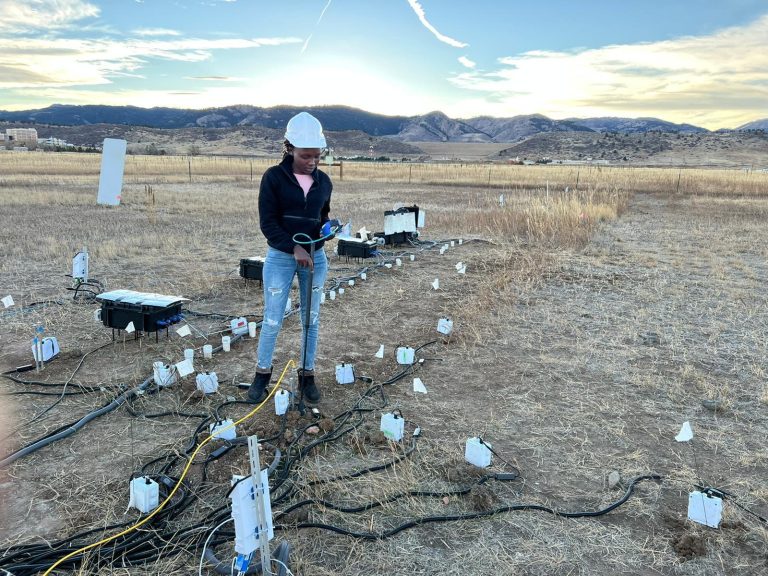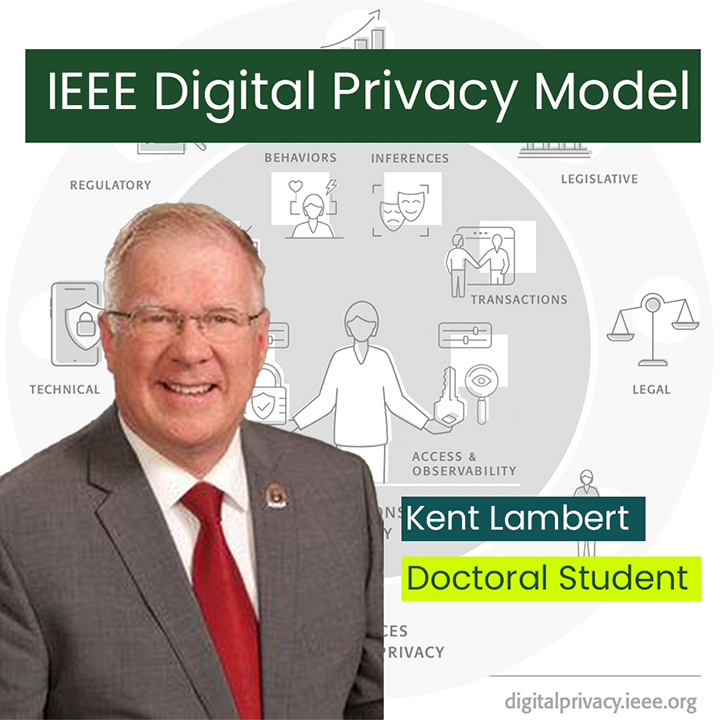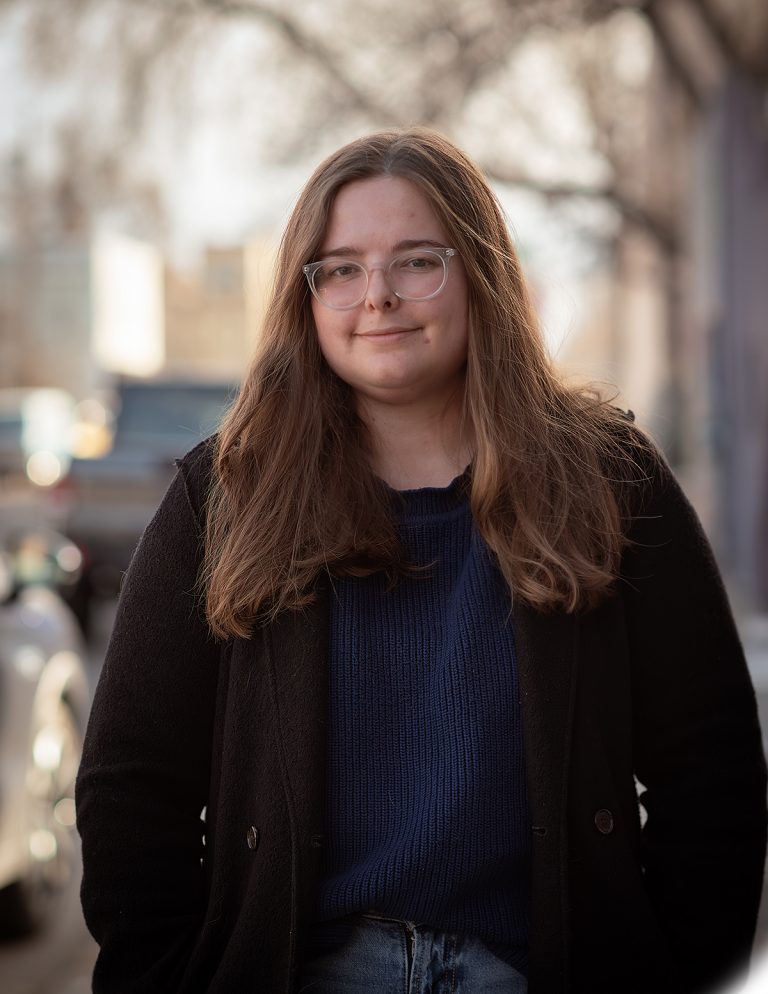
2021-2022 Outstanding Project, Thesis, and Dissertation Awards
- By: Katharyn Peterman
Congratulations to the winners of our second annual Outstanding Project, Thesis, and Dissertation Awards! These awards are presented to students who demonstrated a high level of expertise, creativity, and quality of writing in their project, thesis, or dissertation.
Outstanding Project
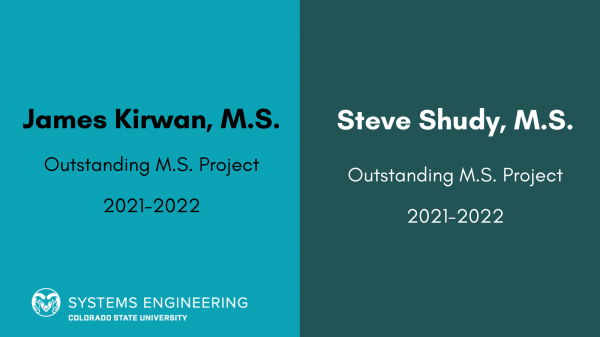
James Kirwan
Project Title: Quantifying the Performance of the Astro™ Space Suit
Project Advisor: Dr. Erika Miller
Paragraph from Dr. Miller’s nomination letter:
“The project demonstrates mastery of many of the classes we offer in our department. James does a good job defining the need for his project rooted in the literature, his methodology is well described for a broad audience to understand, and his analysis utilizes both inferential statistics (ANOVA) and high quality data visualization (completed in R Studio). The formatting of his project is well synthesized, with well-crafted tables, plots, and even photographs of the testing procedures with the space suits.”
Steve Shudy
Project Title: The ODIN Constellation
Project Advisor: Dr. Steve Simske
Paragraph from Dr. Simske’s nomination letter:
“Steve’s writing is compelling, engaging, and comprehensive, and takes into account recent technological advances that have been made for supporting space missions. Steve’s design accounts for the increasingly more powerful and more efficient computing systems that accompany orbital vehicles, along with advanced materials and engineering approaches. These modern machines and materials make entering space less costly than ever, and with it come challenges that Steve deftly addresses in his project report: space debris, collisions, interference, and espionage.
Outstanding Thesis
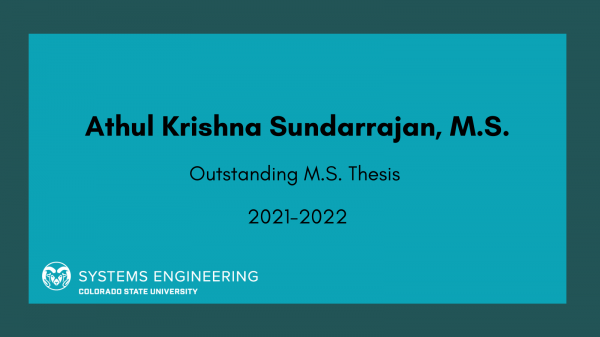
Athul Krishna Sundarrajan
Thesis Title: Some Efficient Open-Loop Control Solution Strategies for Dynamic Optimization Problems and Control Co-Design
Thesis Advisor: Dr. Dan Herber
Paragraph from Dr. Herber’s nomination letter:
“Athul’s thesis work addressed some pressing questions in the areas of dynamic optimization, numerical optimal control, and control co-design towards improved integrated design optimization methods in terms of insights into the right optimization strategy, computational efficiency, and solution fidelity. The work was both a mixture of theoretical contributions and detailed case studies. The thesis content was based on three peer-reviewed conference papers where Athul was both lead and co-author and resulted in many software contributions to open-source tools for numerical optimal control and control co-design for floating offshore wind turbines (FOWTs) in collaboration with NREL.”
Outstanding Dissertation
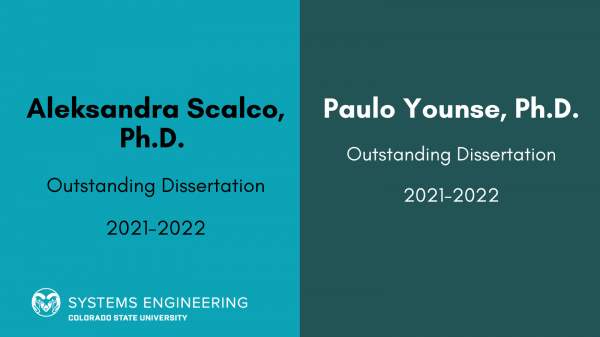
Aleksandra Scalco
Dissertation Title: Measuring Disagreement in Segments of the Cybersecurity Profession as a Means of Identifying Vulnerabilities (not posted on Mountain Scholar yet)
Dissertation Advisor: Dr. Steve Simske
Paragraph from Dr. Simske’s nomination letter:
“Aleksandra’s dissertation work is novel in that it uses standard surveying techniques, but then applies novel entropy measurements to the Likert scores and uses correlation to find out where stakeholder groups disagree most on specific areas of knowledge, vulnerability, and threat response capacity. The work has been published extensively, in both trade journals such as HDIAC, professional organizational journals and conferences such as INCOSE and AIAA, and also traditional research journals.”
Paulo Younse
Dissertation Advisor: Dr. Tom Bradley
Paragraph from Dr. Bradley’s nomination letter:
“Paulo’s dissertation assembled a very comprehensive and compelling set of research activities studying the application of MBSE to the Capture and Orient Module of the Mars Sample Return Mission. Paulo was able to creatively leverage his interests and CSU coursework on cognitive psychology, systems engineering, and simulation to come to a novel understanding of how MBSE can enable a higher level of support for design thinking, for automated information transfer and for simulation.”
